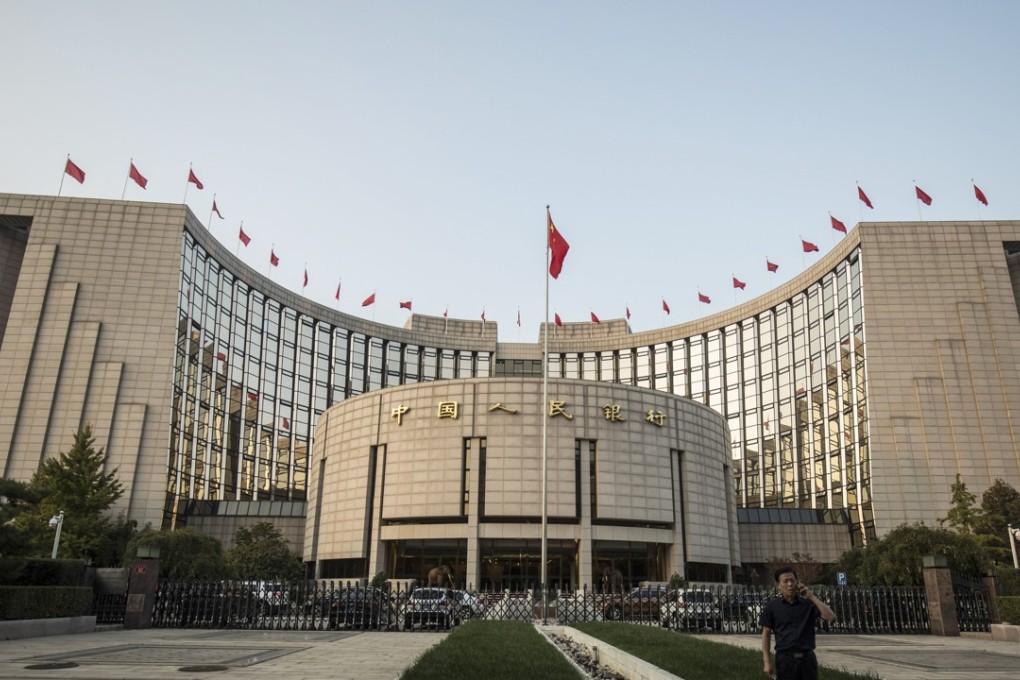Are China’s US$3 trillion reserves an economic curse?
Central bank should stop drip feeding cash into the economy, fuelling asset price bubbles and wayward investment, government adviser says

China’s US$3 trillion foreign exchange reserves managed by the central bank have been a major source of the country’s financial problems, according to a government economic adviser.
Huang Qifan told a forum organised by the Chinese news organisation Caixin on Thursday that the People’s Bank of China had been releasing too much cash into the economy, leading to financial risks and asset price bubbles.
Huang, a former mayor of Chongqing who survived a political storm in the city after his former boss Bo Xilai was toppled in 2012, is now a deputy director on the financial and economic committee at the National People’s Congress, a largely advisory role to the government.
Beijing should entrust its finance ministry to manage foreign exchange reserves and let the central bank focus on making independent monetary policy, said Huang, one of China’s most outspoken economic bureaucrats.
Whether Huang’s controversial advice will be heeded by China’s policy decision makers is unknown, but it comes amid a debate over the causes of financial risks in the country’s economy.